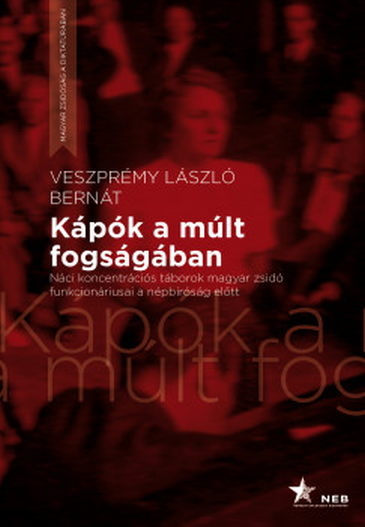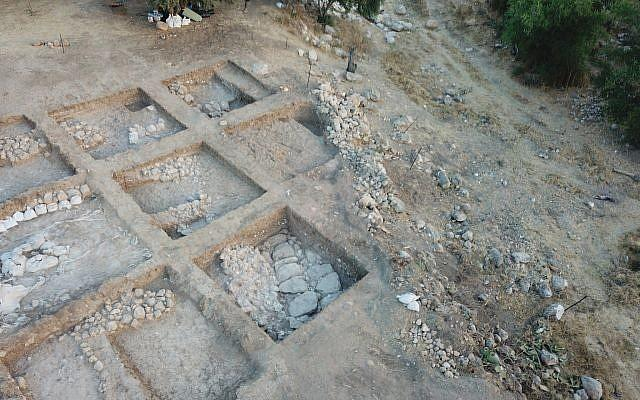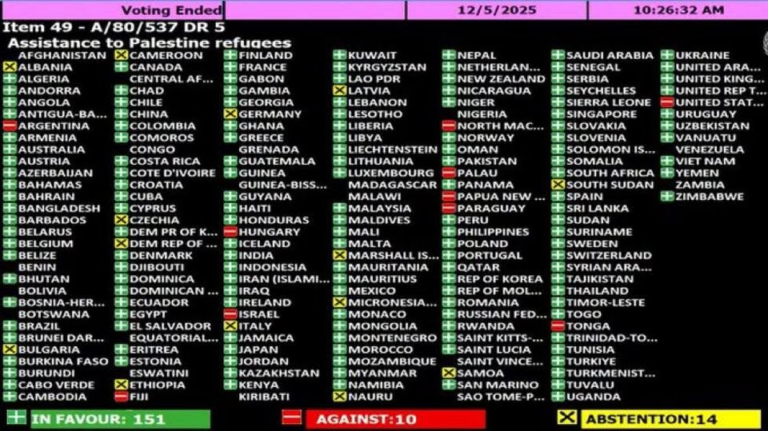Chaim Stern – Hennick Family Senior Cantor of Beth Tzedec Congregation in Toronto
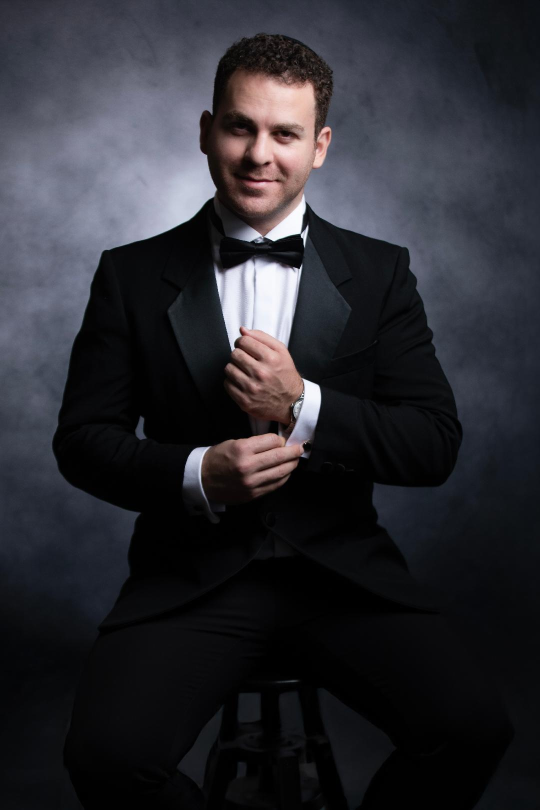
Chaim Stern (1996) is a member of an old cantor family. Born in Jerusalem, he is currently the cantor of the Jewish congregation in Toronto. He will also be performing at this year’s Jewish Festival. On this occasion, we talked to him about music, Israel, the Bible, and Hungary.
I understand that there are many cantors in your family. Could you mention a few of them: who they were, when they lived, and what influence they had on Jewish music and religious life? Do you follow their legacy, and does it inspire or weigh on you?
Many members of my family served as “Baal Tefilah” (non formal cantors). The most famous among them was my grandfather’s grandfather, Rabbi Yaakov Eisenbach, nicknamed “Rabbi Yankel Pester” after the city of Pest, from which his parents came on their way to the Land of Israel. There he absorbed the warmth of Hungarian culture, which influenced the generations that followed. My grandfather, Rabbi Shalom Wingertern, of blessed memory, had a sweet and moving voice and enriched me with an understanding of the depth of the words and the emotion in prayer music. I grew up on his knees, learning the importance of emotional expression in prayer, and that connection continues to guide me today, even as I incorporate modern elements into my music.
What should we know about your family? When and from where did they emigrate to Israel?
My family arrived in the Land of Israel in the 1880s, from Poland and Russia, and settled in the Old City of Jerusalem. I am considered the seventh generation in the city. My family was involved in building neighborhoods, teaching Torah, and education. This history gives me a deep sense of belonging and reminds me of my responsibility to continue the tradition and pass it on to future generations.
How do you feel about your hometown? You travel a lot and live far from it. Does your heart always pull you back home?
Jerusalem is the place that nourishes my soul. I studied and grew up there, and my connection to it remains strong even when I travel for performances around the world. The beauty of Jerusalem lies in its diversity of religions and cultures, and sometimes in the tensions between them. It is precisely this complexity that gives it its uniqueness. Every time I return, I feel a deep closeness to my roots, and that feeling accompanies me throughout my life.
Maestro Eli Jaffe and cantor Israel Rand are considered to be among your best teachers. According to the former, Jews have given the world two of its most important gifts: the Bible and (church) music (psalms). As a cantor, what is the most important lesson you have learned from the Bible?
Studying with Maestro Eli Jaffe and Cantor Israel Rand gave me the opportunity to understand the deep connection between music and text. The singing of the Levites and the instruments in the Temple demonstrate how music and worship are inseparably linked. From the Torah, I learned that music is not just an aesthetic tool but a means of conveying a spiritual message, inspiring emotion, and enhancing the audience’s experience. Every performance is an opportunity to bring that meaning to life.
Are there any Hungarian cantors, composers, or artists that you admire or learn from?
Many of the cantors I grew up listening to were born in Hungary, including Zebulon Kwartin, Israel Schorr, the Hershtik family, and, of course, the legendary Cantor Moshe Stern (to whom I am not related). Their rich musical tradition, precision, and emotional depth in each performance continue to influence me and provide inspiration in my professional path.
What are your goals in your musical career? When would you be truly satisfied as a singer?
I was recently appointed as the Chief Cantor at “Beth Tzedec” Synagogue in Toronto, one of the largest synagogues in the world. My goal is to reach as many people as possible, touch their hearts, and show them the beauty and depth of Jewish tradition and music. I aim to connect the community to music and prayer, continue performing and creating, and expand my influence through new projects. My personal drive is an inseparable part of who I am, always leading me to strive forward.
What is Jewish life like today in Munich?
As the Chief Cantor of the Jewish community in Munich from 2019 until recently, I experienced a lively and diverse community of more than 10,000 members. Sadly, anti-Semitism is more noticeable now than before, but the police and local government protect the community, allowing it to maintain a rich and vibrant communal life. Jewish life in Munich includes numerous celebrations, social events, and a warm atmosphere that reflects the resilience of the community.
How do you feel in Canada? Isn’t it a radical change to live in a climate close to the Arctic Circle after living in a Mediterranean or subtropical climate? What are your experiences with Jewish community life there?
I arrived in Canada in early July, when the weather was warm and pleasant. Now it’s starting to cool down, and as an Israeli it will definitely be an adjustment, but I’m getting used to it. The Jewish community here is amazing. With about 200,000 Jews in Toronto, there’s a strong presence everywhere, with many synagogues and kosher restaurants. I’m still getting to know my own community, but I already feel it’s a wonderful and welcoming environment.
How did the events of October 7, 2023, affect you? Were any of your relatives, friends, or acquaintances directly affected?
October 7, during Simchat Torah, found me early in the morning in Tel Aviv, and my initial feeling was of fear and total chaos. In the following weeks, I, along with my fellow cantor colleagues in the military, participated in conducting the funerals of the fallen soldiers—hundreds of funerals in succession. My heart was heavy, but later I saw hope in the unity of the people, in volunteering, and mutual support. Sadly, there are still hostages in Gaza, and we pray every day for their return home.
When did you first visit Hungary? Do you have many friends there? What do you think of Hungarians, and what do you think of Hungarian Jews?
I first visited Hungary in 2017 at the Bethlen Square Synagogue in Budapest with Rabbi Peter Deutsch. I connected to the warmth and modesty typical of Hungarian culture and have maintained relationships with friends from the community since then. I have returned to perform several times, and I am excited to perform again this September at the Dohány Great Synagogue in the city center, together with my Hungarian cantor colleagues and a large symphony orchestra. It will be a special experience, and I recommend everyone to get a ticket and attend.
Do you have a favorite Hungarian place, building, food, or drink? After a performance, do you get a chance to explore Hungary?
I particularly enjoy Kürtőskalács and Hungarian goulash. Additionally, I always enjoy visiting the Danube River and make time to visit the famous Shoes on the Danube Bank memorial, to honor the memory of the victims and pray for their souls.
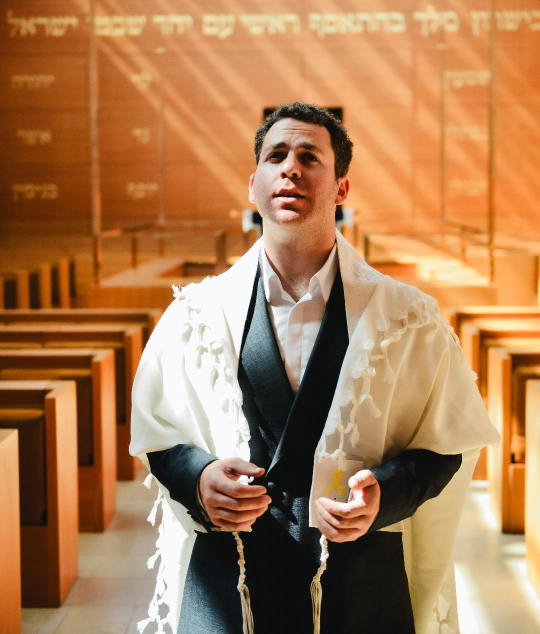
A szerző
Végső István
történész, holokauszt-kutató

